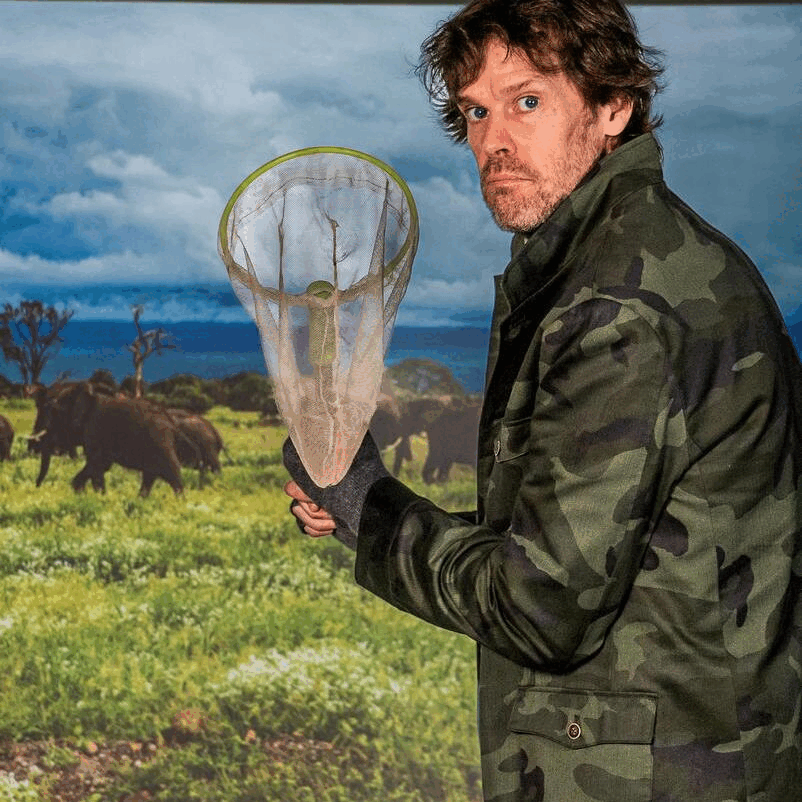

Rob Pringle, Professor
I have always been fascinated by the ways in which species interactions “cascade” through food webs and other ecological networks. My research is motivated by curiosity, and the drive to understand how wild ecosystems work. By understanding how things work, we can appreciate them more fully and better understand how to restore them when they break.
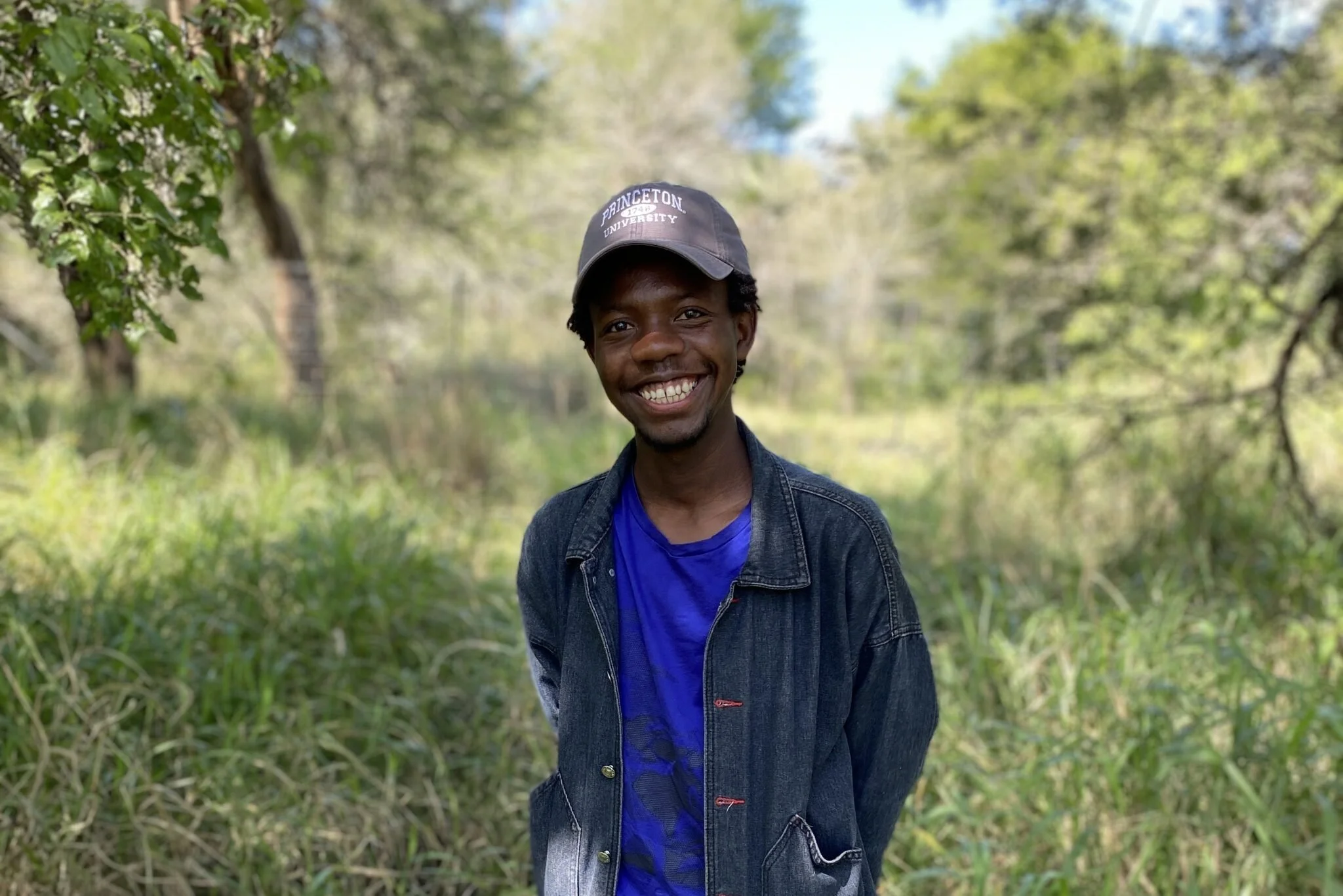
Beto Tenente, Field Manager
Beto joined the Pringle Lab after graduating from Gorongosa’s Master’s in Conservation Biology Program in 2022. He oversees several long-term research projects in Gorongosa National Park focusing on the recovery of large mammals using DNA metabarcoding and camera trapping.
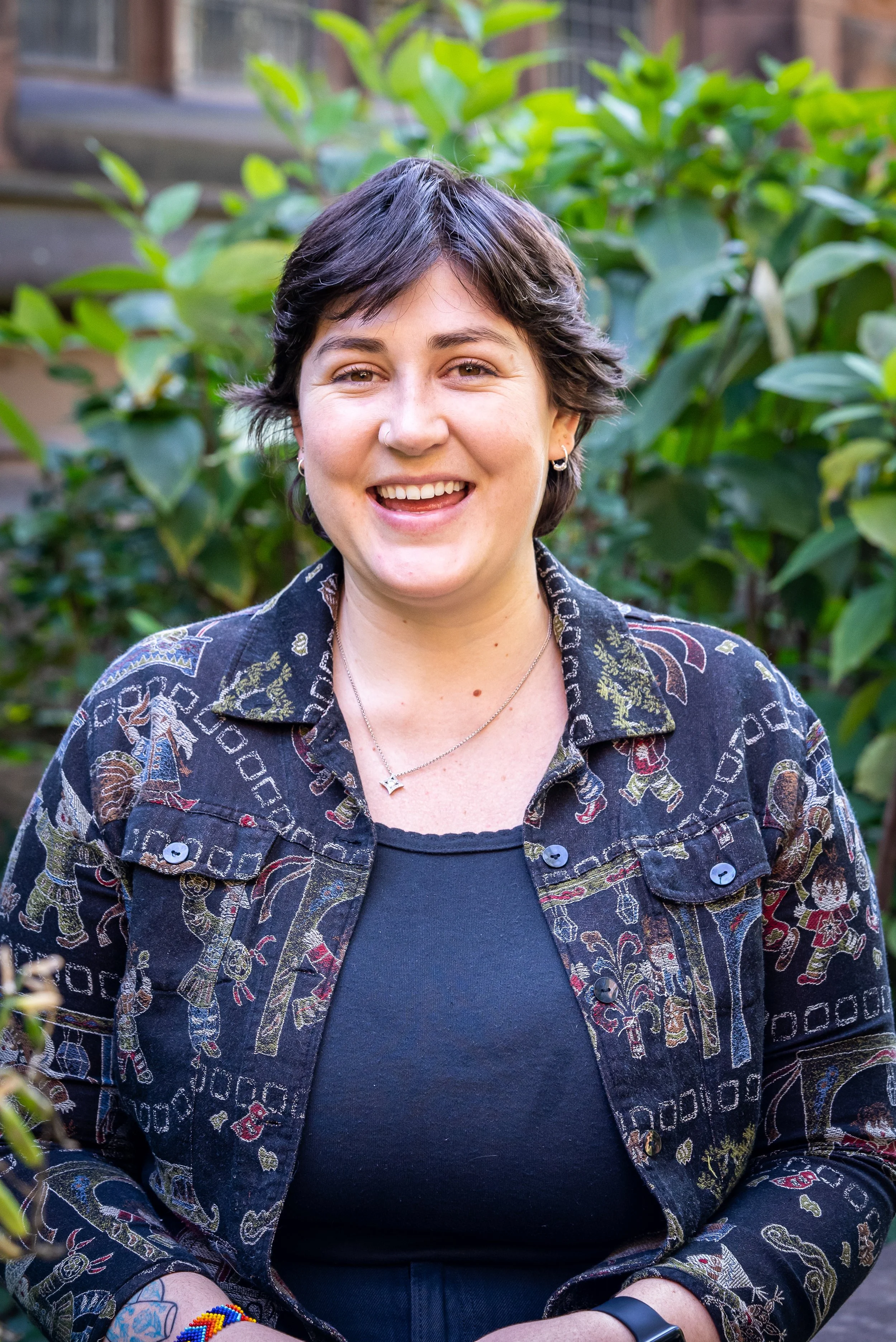
Ciara Nutter, Lab Manager
I am interested in how the structure of ecological interaction networks affects ecosystem functioning and stability. More specifically, how diets and food webs vary across scales, how they are altered in response to anthropogenic change, and what the ecosystem-level consequences of these alterations are. I graduated from Princeton University in 2018 with a B.A. in Ecology & Evolutionary Biology.

Dominique Gonçalves, Postdoc
My research seeks to understand how human-induced selection of phenotypes of tuskless female elephants influences the behaviours that help to regulate ecological processes and ecosystem functioning. Besides the postdoc I manage the Elephant Ecology Project (EEP) in Gorongosa National Park (GNP) in Mozambique, and my work is a blend of elephant ecology, behaviour and human elephant interactions. On that, I am interested on the impacts of the recovering elephant population on the elephant social dynamics, on the park’s habitats and on human elephant conflict and coexistence dynamics.
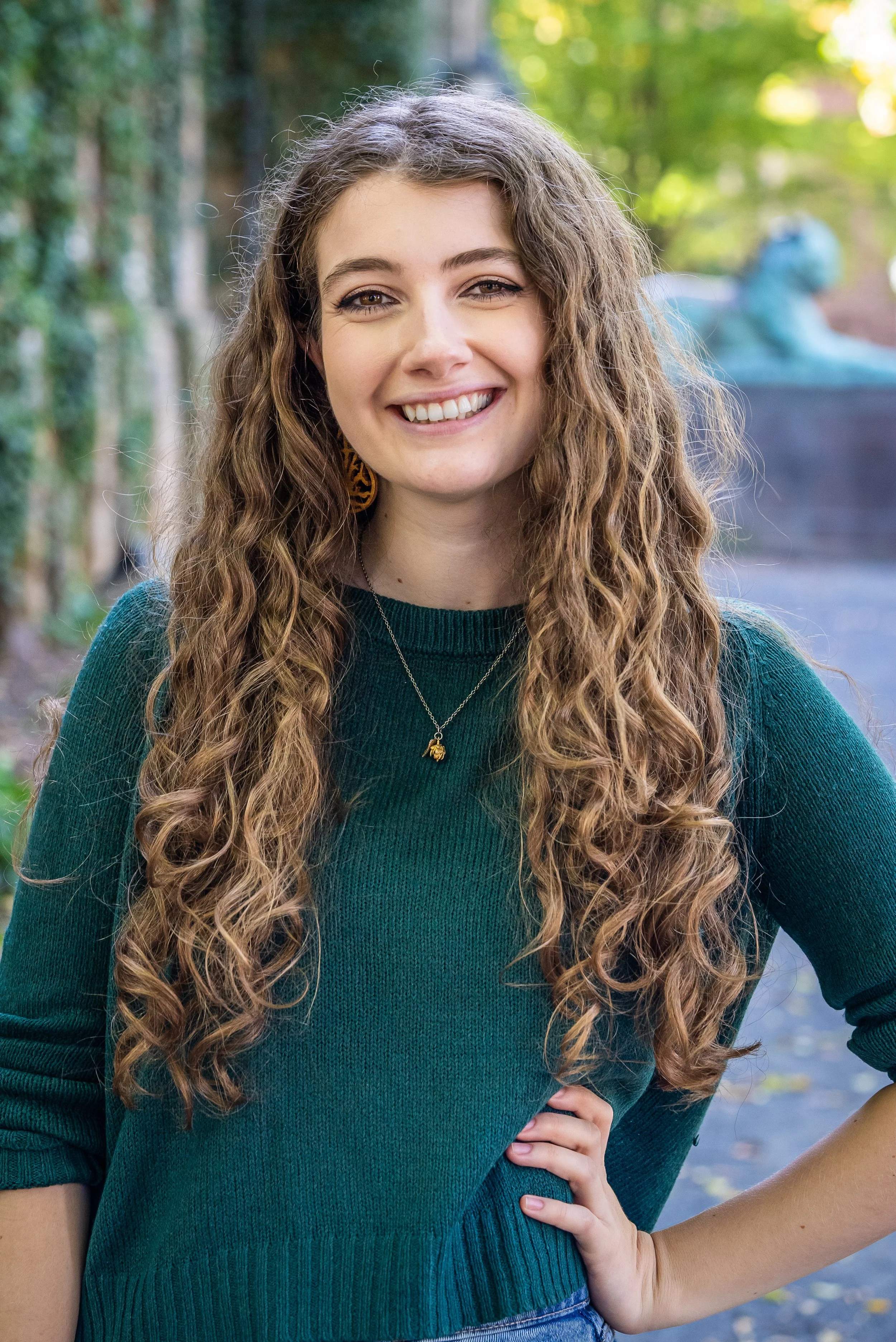
Erin Phillips, Graduate Student
I am interested in how predator-prey and predator-predator interactions act to shape ecosystem structure, function and biodiversity, and in the implications of this for conservation action and policy. I am studying the impact of apex carnivore reintroduction on natural populations, and particularly on understudied mesocarnivores in Gorongosa National Park.

Hallie Brown, Postdoc
Animals rely on behavior to buffer the impacts of rapid environmental change, but predicting how animals will respond to environmental stress, linking behavioral patterns to consequences for population growth, and tracing those responses to impacts on ecosystem function remain elusive goals. My research tackles that challenge, fusing ecological, evolutionary, and (recently) genomic approaches to understand how the interplay between physiology and behavior governs responses of animal communities—and the ecological processes that depend on them—to rapid change.

Harrison Watson, Graduate Student
The carbon sink/source potential of tropical savanna ecosystems are unclear, despite their importance to global carbon cycling and sequestration. I’m interested in how disturbance from fire and herbivory influence carbon sequestration in these systems. My research combines theoretical modeling techniques with field work in Kenya and South Africa to understand the role of disturbance in the carbon storage potential of tropical savannas.

Harry Wells, Postdoc
I am interested in biodiversity conservation and particularly how degraded ecosystems can be restored for the benefit of both human and non-human beings. In the Pringle Lab, I am investigating generalisable patterns in the ways that large herbivore communities reassemble, and the impacts of rewilding on ecosystem structure and processes, such as primary productivity, woody vegetation, fire regimes, and carbon sequestration across Africa.

Henry Gage, Graduate Student
My research explores the consequences of climate change for the behaviour of large mammalian herbivores. In Gorongosa National Park, I study how spiral-horned antelope (Tragelaphus spp.) navigate behavioural tradeoffs between thermoregulation, resource intake, and predator avoidance. My work is at the intersection of animal behaviour and physiology and explores how decision-making scales with body size. I completed a BSc in Integrated Science as a Schulich Scholar at McMaster University in Canada, where I studied wetland ecohydrology and wildfire.

Rory Wakeford, Graduate Student
I am broadly interested in studying predator-prey interactions and the landscape of fear in anthropogenic environments. After graduating from Harvard in 2020, I worked as a field manager for the Lomas Barbudal Monkey Project. Before joining the Pringle Lab, I completed my master’s in Ecology, Evolution, and Conservation Biology at Columbia, where I studied the ecological and social causes and consequences of group fission in blue monkeys.

John Ekeno, Research Technician
I work with the Pringle and Tarnita Labs at the Mpala Research Centre in Kenya. There, I help to oversee several large-scale and small-scale field experiments focusing on how termites and large mammalian herbivores affect plant and animal communities.
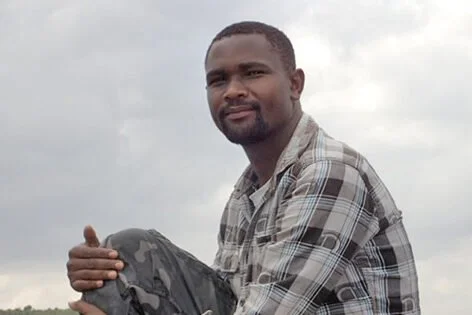
Sam Kurukura, Research Technician
I am a field-based biodiversity and ecological-research technician in Laikipia, Kenya. I have worked with the Pringle Lab since 2005 and help to oversee the UHURU Large-Herbivore Exclosure Experiment at the Mpala Research Centre. I have a particular interest in botany, and in understanding how large mammalian herbivores shape savanna ecosystems.
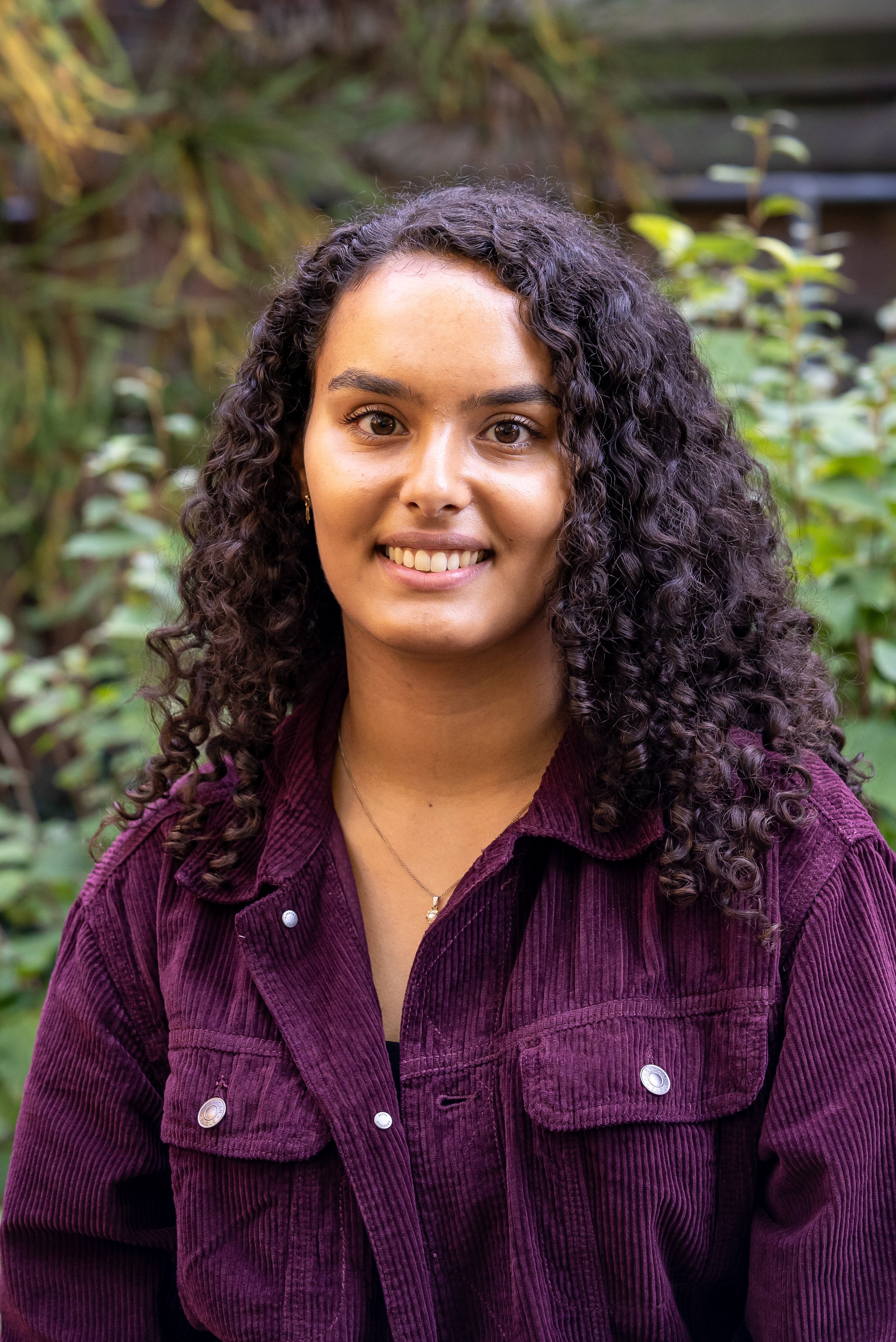
Finote Gijsman, Graduate Student
I am broadly interested in how human disturbances affect biodiversity, community structure, and ecosystem function. My work focuses on the patterns and consequences of coextinctions – the loss of species due to the loss of others on which they depend – and how these dynamics contribute to broader biodiversity loss. For my PhD, I have been studying the cascading effects of large herbivore extinctions on dung beetle communities and ecosystem services in Kenya, using a combination of DNA barcoding/metabarcoding, field surveys, and small- and large-scale experiments.

Joel Abraham, Graduate Student
My research focuses on how large mammalian herbivores structure plant communities, primarily through the lens of their diets. How dynamic are herbivore diets in time and space? What do their diet choices mean for their own population dynamics and their ability to coexist with other species? How do their diet choices modulate their impacts on plants? My research focuses primarily (though not exclusively) on African savannas, which house some of the most diverse and abundant large mammalian herbivore communities on the planet.
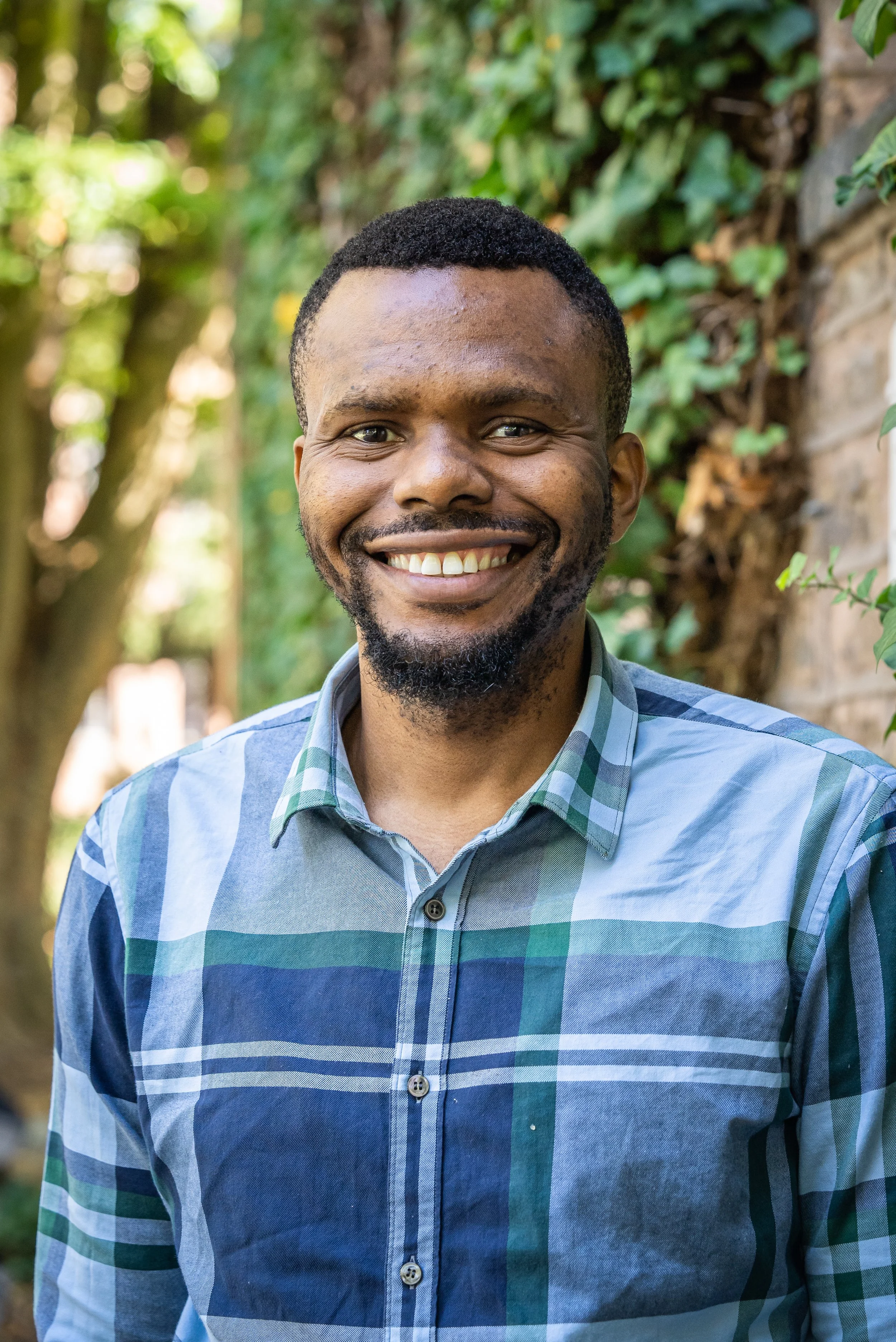
Lotanna Micah Nneji
Micah was a postdoc in the Lab from 2021-2023. While in the Lab, he focused on food partitioning by large herbivores in West African forests, specifically across several protected areas in Nigeria and Cameroon. Micah is currently an Assistant Faculty at Howard University.

Maia Raymundo
As a Smith Postdoctoral Fellow from 2021-2023, Maia’s research in the Pringle Lab focused on combining molecular techniques and community ecology to inform restoration strategies for the Marianas fruit bat (Pteropus mariannus) and its habitats on the island of Guam. Maia is currently a Lecturer at the University of Canterbury’s School of Earth and Environment.

Rafael Valentin
Rafael joined the Lab (2019-2022) as part of the inaugural cohort of Presidential Postdoctoral Fellows. Applying his expertise in above-ground terrestrial eDNA techniques, Rafael’s research investigated foundational ecological theories of the effects of predation in small Bahamian islands, and trophic interactions of vertebrates and invertebrates in the seasonal pools of Gorongosa National Park. He is now working at Elysium Health as a Bioinformatics Scientist.

Arjun Potter
Arjun was a PhD student in the Lab from 2015-2022 and recently started a postdoc at Wake Forest University, working with T. Michael Anderson. For his dissertation, Arjun’s projects included a factorial field experiment of herbivory in a floodplain ecosystem, a simple mathematical model of herbivory, and a study that paired the role of plant traits and animal body size in structuring the diets of large mammalian herbivores.

Meredith Palmer, Postdoc
As a NSF postdoctoral fellow in the Lab from 2018-2022, Meredith’s research focused on how prey mitigate risk from multiple interacting predators, particularly in recovering ecosystems. Her work also involved developing new prototypes for wildlife monitoring technologies like BoomBox, an open source device that turns camera traps into Automated Behavioral Response systems! She is now a Conservation Scientist at Yale’s Center for Biodiversity and Global Change.

Matt Mumma
Matt was a postdoc in the Lab from 2019-2021. While in the Lab, he focused on examining large herbivore diets to unravel the relationship among diet quality and diet diversity across the grazer-browser continuum and compare diet quality among species to better understand differences in species recovery. Matt is now a Principal Wildlife Research Biologist with the Idaho Department of Fish and Game.

Megan Demmel
As the former Lab Manager (2019-2021), Megan contributed to several papers in the lab as well as spearheaded a multi-species, ecological and evolutionary study on mammalian gut microbiomes. Megan has recently started her PhD at UC San Diego. We look forward to continuing collaborating with Megan and seeing her science develop!

Matthew Hutchinson
Matt is a former PhD student (2016-2021) and current Assistant Professor at the University of California, Merced. His work in the Pringle Lab focused on dietary selection and switching in Gorongosa National Park, and he continues to focus on how diets structure savanna ecosystems.

Michiel Velduis
Michiel was a postdoc in the Pringle and Tarnita Labs from 2018 to 2019 and is now an Assistant Professor at Leiden University. During his postdoc, he continued his work in the Greater Serengeti-Mara Ecosystem focusing on the niche partitioning among large herbivores and termites and how this is expected to change in the future.

Ana Gledis Da Conceição
Ana Gledis was a research technician with the Lab from 2017–2019 and is now pursuing a Master’s degree in conservation biology in Gorongosa National Park. She worked on several projects related to understanding the restoration of the Gorongosa ecosystem.

Jen Guyton
Jen was a PhD student in the Lab from 2013—2018 and is now a photographer, explorer, and naturalist working for National Geographic and others.

Jessica Castillo Vardaro
As a postdoc in the Pringle and Tarnita Labs from 2015 until 2018, Jess led a multi-species behavioral, ecological, and population-genetic study of termites in Kenya, to understand how competition influences population structure and spatial self-organization. She also is the first to work out molecular techniques for studying termite diets! Jess is now an Assistant Professor in Biological Sciences at San Jose State University.

Johan Pansu
Johan, a world-class molecular ecologist, was a postdoc in the Lab from 2016 to 2018. Building on our lab’s prior work using DNA metabarcoding to study large-herbivore diets in Africa, Johan led (and continues to lead!) a pioneering effort to characterize large-mammal food webs throughout southeastern Africa. In the meantime, Johan is an Associate Professor at Université Claude Bernard Lyon 1.

Chris Baker
After completing his PhD at Harvard, Chris joined the Pringle and Tarnita Labs as a postdoc from 2015 to 2017. With us, he spearheaded an exciting project focusing on how termite mounds in African savannas generate spatial patterns that propagate throughout the ecosystem. Chris is now a Biology Postdoc with the US Army ERDC CRREL.

Tyler Coverdale
Tyler came into the Lab as a phenom out of Brown University. During his PhD work at Princeton, Tyler made a number of fascinating discoveries about the effects of elephants and other large herbivores on plant communities and plant antiherbivore defenses in African savannas. You can now find Tyler as an Assistant Professor at the University of Notre Dame.

Josh Daskin
Josh was the inaugural Pringleton, our first PhD Student. His PhD work on the effects of armed conflict on wildlife populations and ecological dynamics was first-rate and first-of-its-kind, and Josh helped to spark the then-nascent ecological research program in Gorongosa National Park. Josh is now a Chief Scientist at NatureServe.

Tyler Kartzinel
Tyler was with us from 2013 to 2017, first as a Pringleton postdoc and later as a TNC NatureNet Fellow. He left Princeton to join the faculty at Brown University as an Associate Professor in the Department of Ecology & Evolutionary Biology and a Fellow in the Institute at Brown for Environment & Society. Tyler built the Pringleton molecular lab from the ground up and led our first forays into DNA metabarcoding; we still work with him on projects in Kenya.

Ryan Long
Former postdoc Ryan Long (2013-2014) is now an Associate Professor at the University of Idaho! We have yet to meet his match in terms of expertise in mammalian physiological ecology, movement ecology, and their interface. We continue to collaborate with Ryan on a long-term NSF-funded study on the ecology, behavior, and energetics of spiral-horned antelopes (that’s bushbuck, nyala, and kudu for you big-mammal noobs) in Gorongosa National Park, Mozambique.

Patty Chen
Former Lab Manager Patty Chen (2013-2015) is now completing her MD at Boston University School of Medicine. She was a fantastic lab manager and a key contributor to several papers. She is going to be a life-saving physician someday soon, and we were very fortunate to have her in our orbit for a few years.
